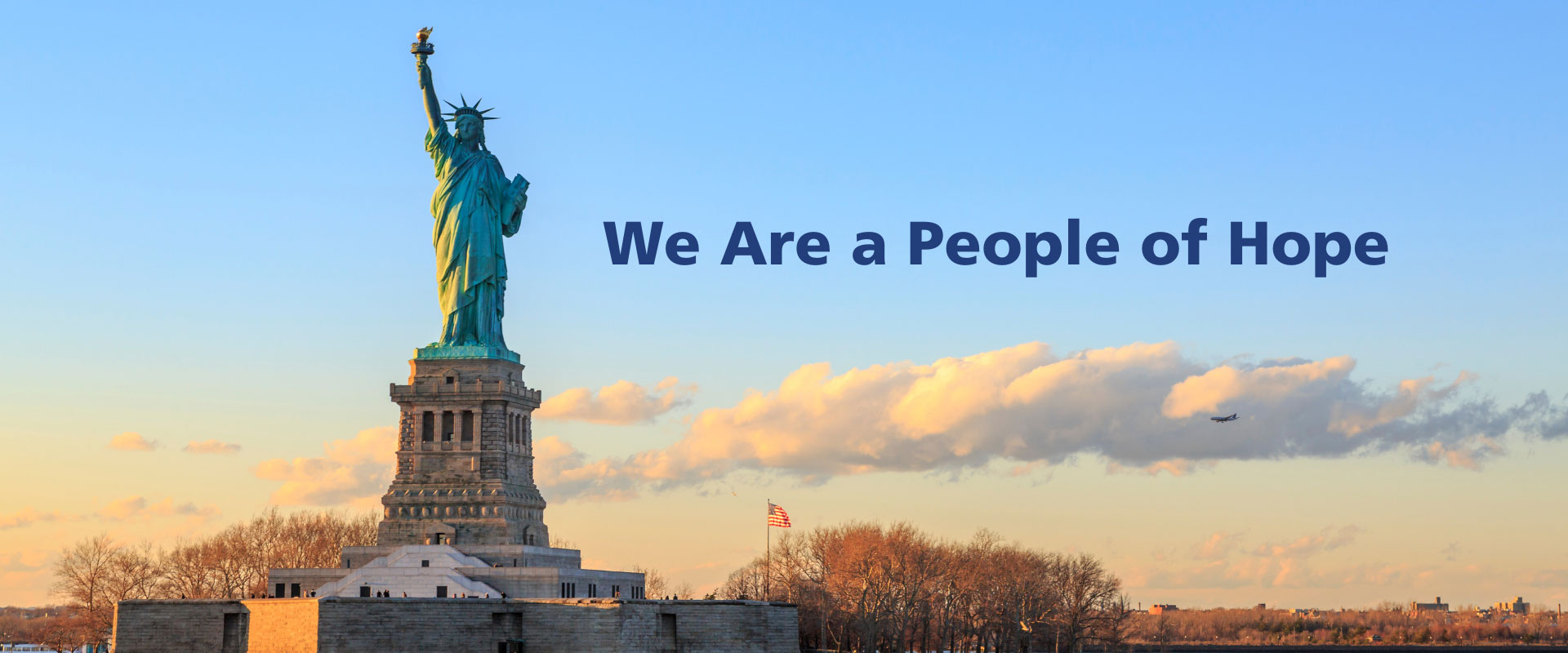“Give me your tired, your poor, your huddled masses yearning to breathe free.” So says the inscription on the Statue of Liberty in New York harbor. Since its writing in 1883, it has welcomed millions into our country. Suddenly, however, these people seem no longer welcome.
St. Matthew writes from Jesus’ Sermon on the Mount: “Blessed are the meek, for they shall inherit the earth. Blessed are those who hunger and thirst for righteousness, for they shall be filled.” Are we, as a people, fulfilling these needs?
Later in his gospel, St. Matthew quotes Jesus again: ‘Truly I tell you, whatever you did for one of the least of these brothers and sisters of mine, you did for me.’ Do we as a people see Jesus in the foreigner? In those living in poverty? In the unsheltered on the street?
Massive federal budget cuts have left Catholic Relief Services without half their funding for the most critical relief efforts around the world. Retired Tucson, Arizona, Bishop Gerald Kicanas, a former board chairman of Catholic Relief Services, said eliminating USAID would be a huge mistake: “These are desperate people, living in desperate situations, struggling day by day, hour by hour.” People will suffer and die because of these drastic cuts. How do we tell our neighbors around the globe that we can no longer help?
The everyday efforts of Vincentians worldwide seek to follow the gospel teachings and feed the hungry, clothe the naked, shelter the homeless and give hope to the hopeless. SVdP’s National President John Berry recently wrote,” Hope is the belief that even in the face of adversity, goodness and redemption are possible. It is the conviction that we can overcome obstacles, heal divisions and build a more just and compassionate world. This hope, however, cannot be a passive hope. It must be a hope that is rooted in action, a hope that translates into tangible efforts to make our world a better place.”
What can Vincentians do? More importantly, what can you and I do to ensure that Jesus’ teaching, manifested in the work of the Society, continues in this country, state and local communities? We must insist that this process be based on compassion and mercy for all involved, not chaos and fear. The life and dignity of families and individuals should be the final guiding principle of all budget and tax policies. But most of all, we must continue to offer hope to those we serve.





